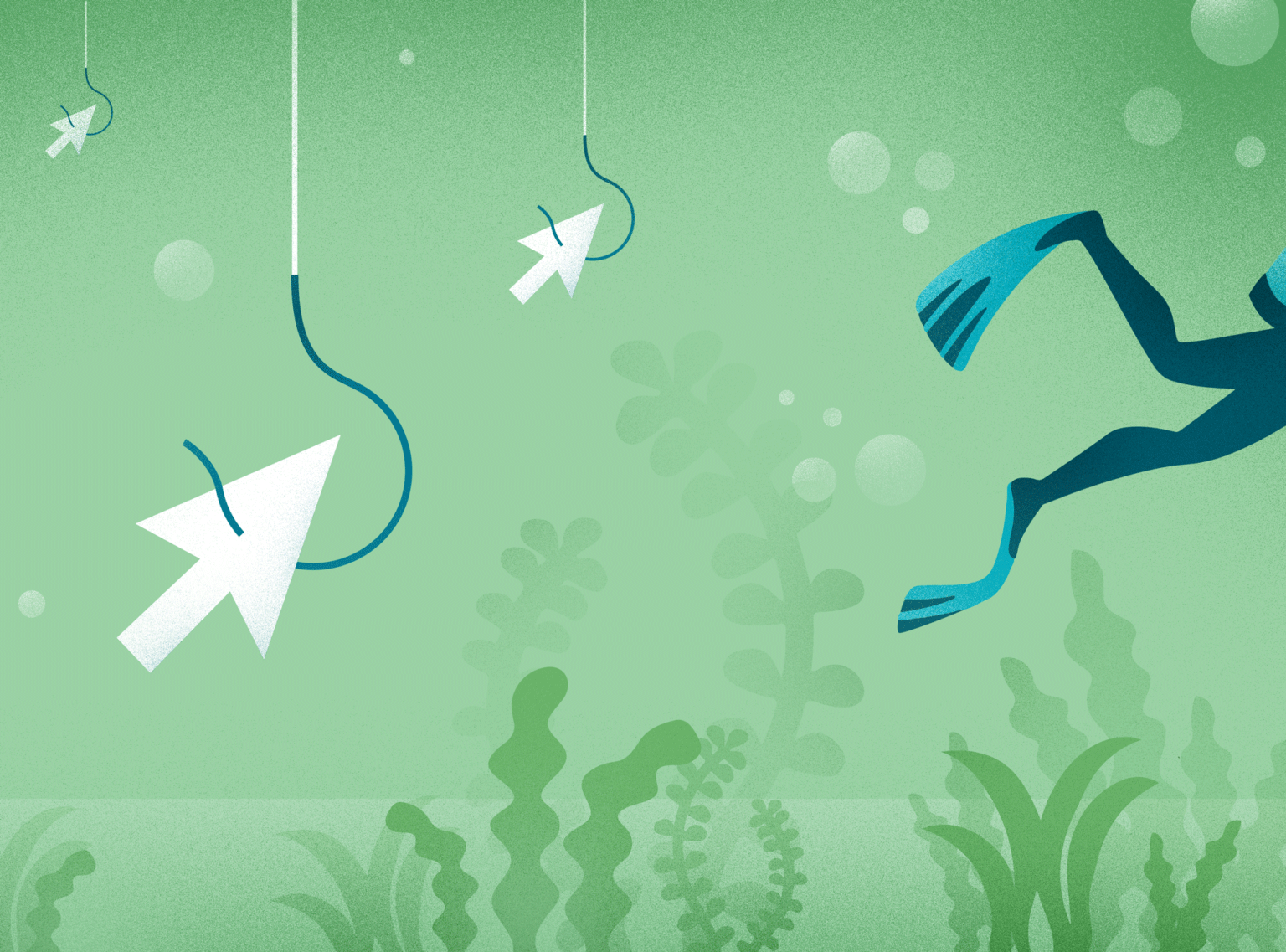Harnessing Curiosity
Curate what you can’t control
2020-2-23 | Curiosity,Self-control

This week, I’ve asked my friend Daniel Willingham to share his tip of the week. Enjoy!
Like many parents, my wife and I limit time on the Internet for our children (ages 12 and 14). They usually respect that limit, so I try not to set the agenda for how they spend the time.
And yet.
Some content they favor drives me crazy. Recently, it’s a group of Australian siblings who post frenetic videos of themselves doing silly stuff. A month ago, the screechy sounds coming from the computer got the better of me.
“Hey,” I said to my 14-year-old daughter. “Are you really enjoying this? It looks like it’s supposed to be funny, but you’re not even smiling.”
She shrugged. “Yeah. It’s pretty stupid, actually.”
“So why do you watch it?”
I got a long answer, but it boiled down to this: she feels sucked in, curious about the latest video, despite the history of disappointment.
I told her I have the same issue. I end up reading Top 10 lists and gossip, even though I want to consume richer content. Why?
Kids, adults, and most animals are naturally curious. We are programmed to explore our environment, because learning about our surroundings makes us better equipped to cope and survive.
Research shows that the trigger for curiosity is our sense that there’s an easy opportunity to learn a lot. That’s a moment-to-moment judgment, which is why curiosity can come and go so quickly.
Furthermore, curiosity is not influenced by long-term learning goals. That’s why, even though I’m a psychologist who loves his work, I still might be bored at a talk on psychology. But Internet content that promises quick and easy information draws my attention even if, after the fact, it doesn’t seem worth my time.
So, reminding my daughter she’s regretted watching those silly videos in the past won’t work. That’s appealing to long-term goals, not momentary curiosity. What she needs is stimulating content that’s as tempting as the screechy Australians.
But I can only expect so much resourcefulness from a 14-year-old in finding it. So I helped. I spent an hour with her finding pages of links, YouTubers, and podcasts on subjects she’s passionate about.
Don’t expect children to avoid Internet time-wasters on their own.
Do recognize that curiosity can’t be controlled directly, but you can offer more tempting targets. Help kids find them. And model the behavior by creating a similar resource list for yourself.
With curiosity and gratitude,
Dan
We’d love to know your thoughts after reading our Tips of the Week. Check the following boxes if applicable: